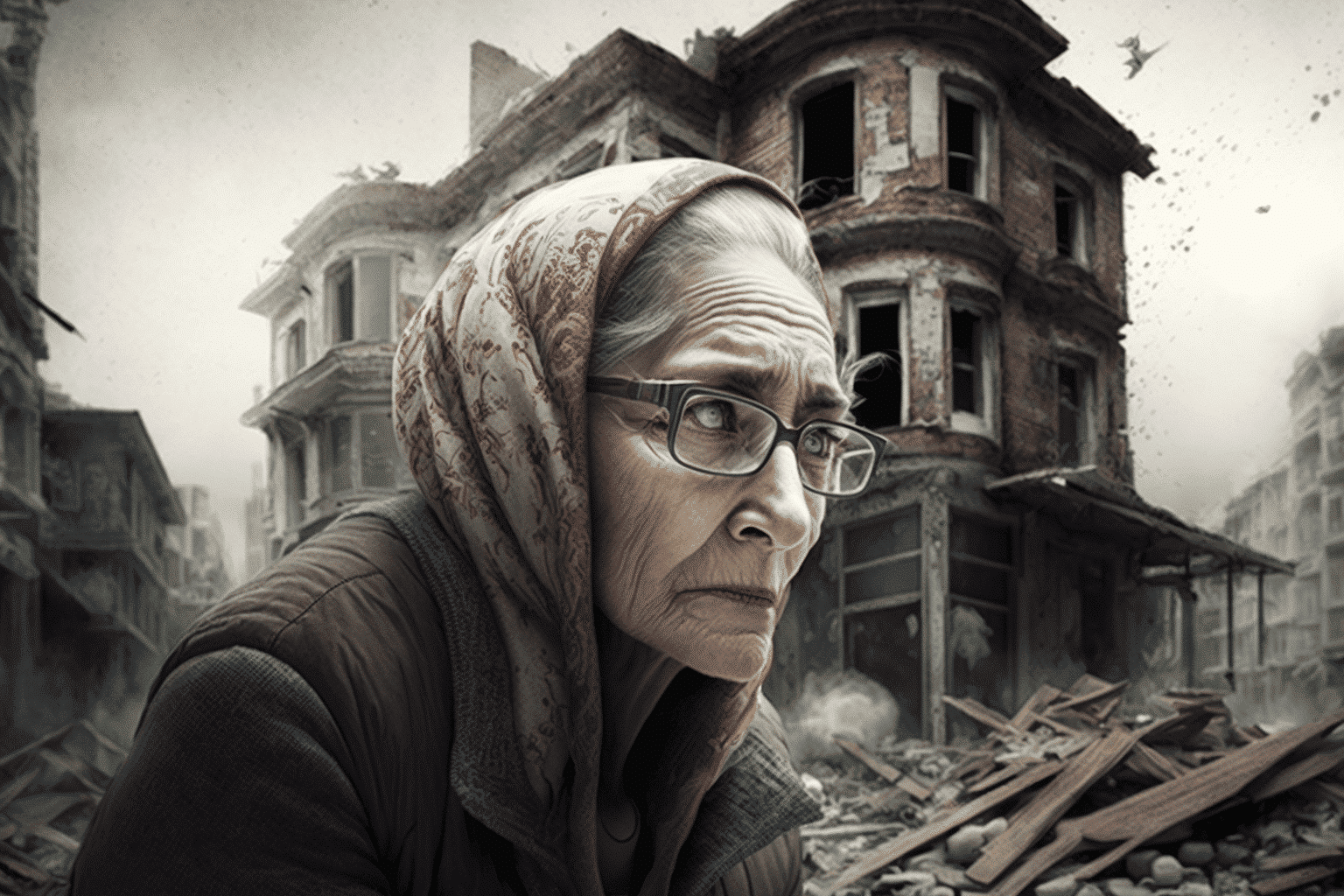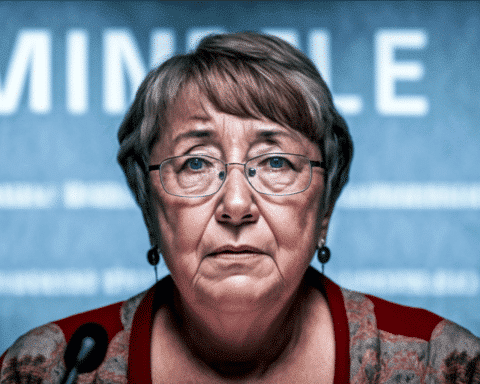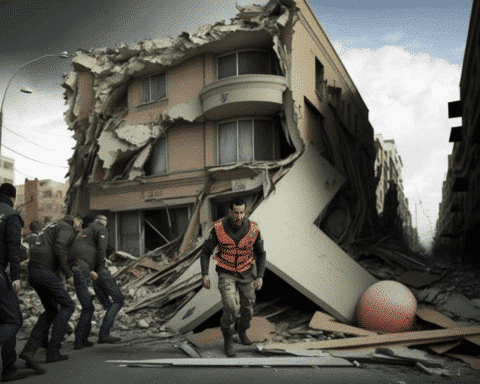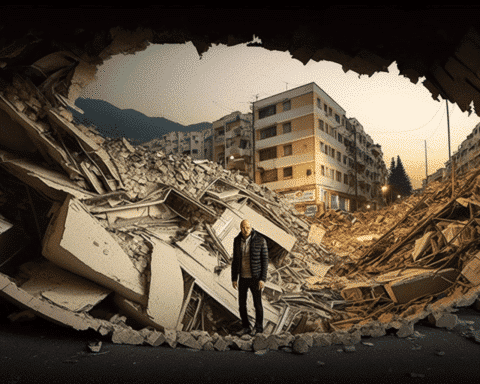The aftershocks of a catastrophic earthquake still shake the ground in Turkey and Syria, where thousands of people are huddled around campfires in the bitter cold. In three days, the death toll has risen to over 19,300.
Emergency crews are using every tool in their arsenal, from pickaxes to jackhammers, to dig through the rubble, searching for survivors and occasionally finding them. In some places, the focus has shifted to demolition, tearing down unsteady buildings that could crumble at any moment.
The world has seen a few miraculous rescues, but the reality of the hardship facing tens of thousands of survivors casts a shadow over these stories. Getting aid to those in need is a struggle, especially in Syria, where a civil war has made it difficult for the U.N. aid trucks to enter the rebel-controlled area in Turkey. In Antakya, Turkey, people scrambled for aid in front of a truck distributing supplies.
Survivors are calling for the government to evacuate people from the devastated region, where many have found shelter in tents and stadiums while others have no choice but to sleep outside. With winter weather and damage to roads and airports hampering the response, the situation is dire, and some in Turkey are saying the response was too slow. The perception of a slow response could hurt President Recep Tayyip Erdogan in his battle for reelection in May.
In Kilis and Sanliurfa, search-and-rescue operations have been suspended, but the damage has not been as extensive as in other regions. The situation at Syria’s border is also dire, where aid only trickles in. Smaller aid organizations have sent shipments to the rebel-held northwest, but the initial U.N. trucks have just arrived. The U.N. is only authorized to deliver aid through one border crossing, but road damage has prevented that.
U.N. officials call for more aid and humanitarian concerns to take precedence over politics. The scale of loss and suffering remains massive, with a rising death toll in Turkey at over 16,100 and over 64,000 injured. In Syria, the death toll is reported at over 3,100, and over 5,000 are wounded. The number of people still unaccounted for in both countries is unknown.
Among the missing are members of a high-school volleyball team from northern Cyprus, teachers, and parents who were staying in a hotel that collapsed. The education minister in the breakaway Turkish Cypriot north, Nazim Cavusoglu, reported this on Turkish NTV television. Turkey’s disaster management agency says that over 110,000 rescue personnel and over 5,500 vehicles, including tractors, cranes, bulldozers, and excavators, are now involved in the effort. Teams from places such as Poland, Switzerland, Israel, and the West Bank are contributing to the deployment in Turkey.
Turkish President Erdogan is visiting the devastated areas and is promising to rebuild homes within a year and distribute 10,000 Turkish lira ($532) to affected families. International aid for Syria is far sparser as the ongoing war and isolation of the rebel-held region hamper efforts.




